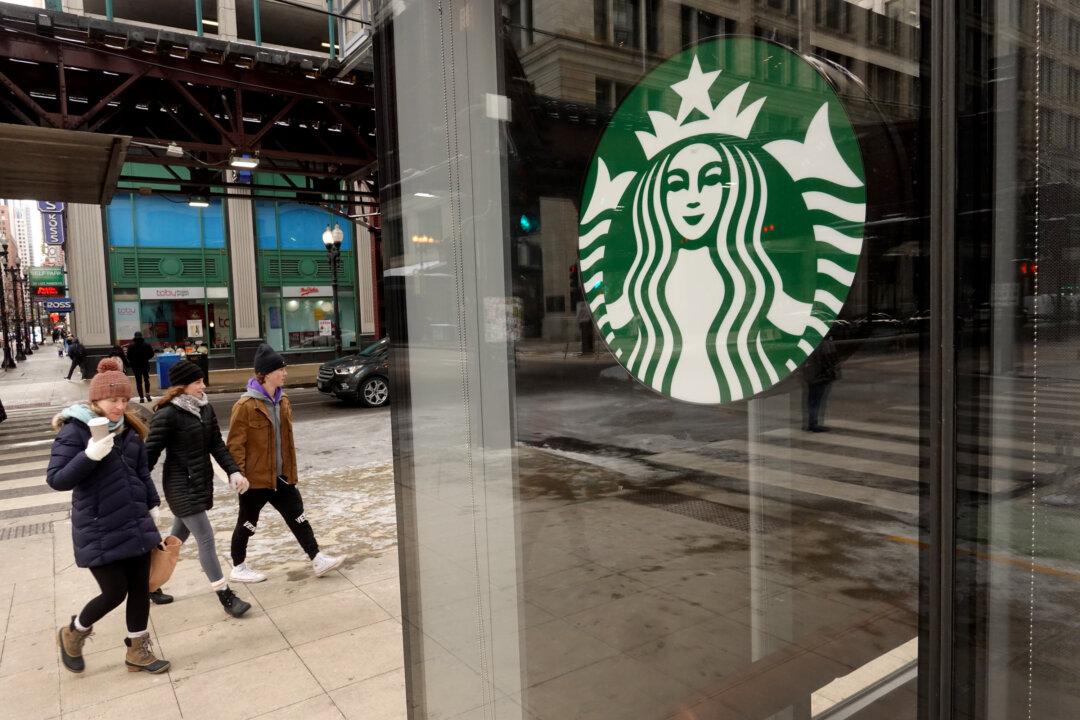A federal appeals court has ruled that Starbucks unlawfully fired union organizers. But while it upheld the National Labor Relations Board’s (NLRB) findings of unfair labor practices, it curtailed the board’s power to order broader employee compensation.
The U.S. Court of Appeals for the Third Circuit issued a decision on Dec. 27 in a case involving the termination of baristas Echo Nowakowska and Tristan Bussiere at two Philadelphia locations. The NLRB had found that Starbucks reduced Nowakowska’s hours and later fired both workers in retaliation for their union organizing efforts, violating the National Labor Relations Act (NLRA). Starbucks argued the firings were for performance issues, not union activities, but the court sided with the NLRB, citing retaliatory motives as the key factor.





